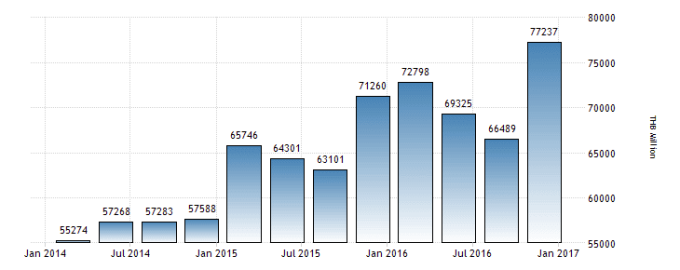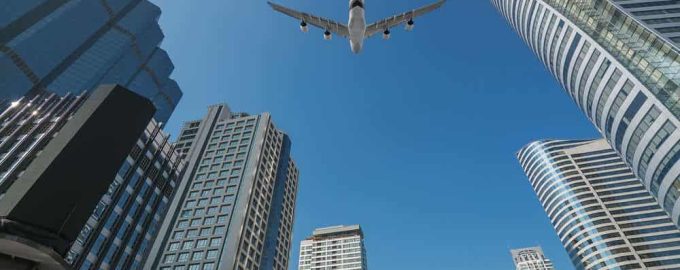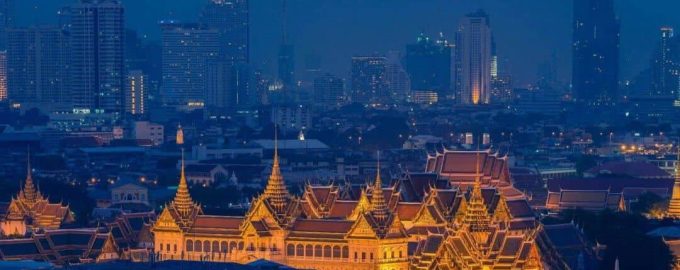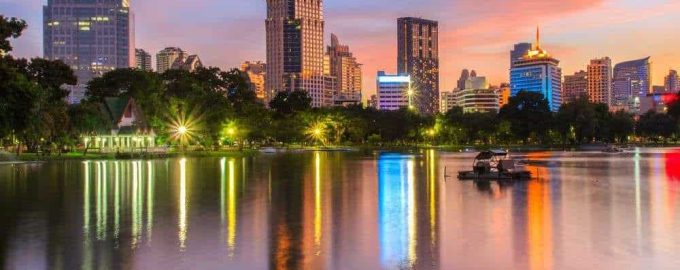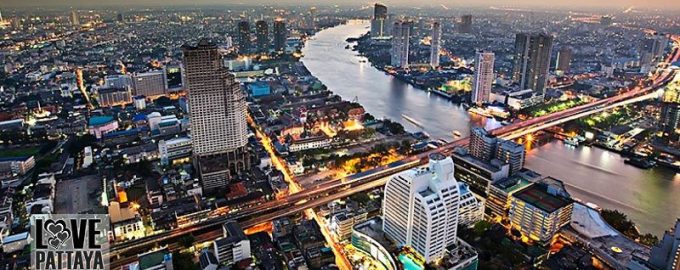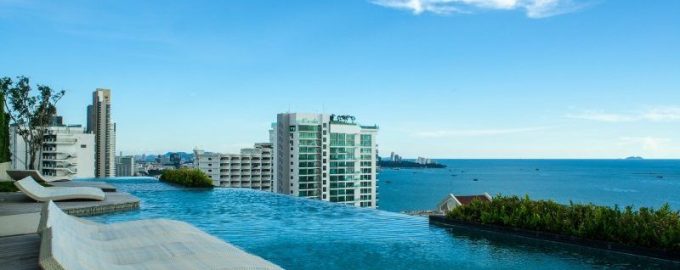Located in the heart of Southeast Asia, Thailand has served as a trade and business hub for centuries. It was a buffer zone between colonial powers because of its strategic location. As a result, it was the region’s only nation that wasn’t colonized.
Thailand (and its property market) is still able to reap the rewards from its strategic placement on the map today, yet in different ways.
Its capital of Bangkok is just an hour-long flight from four rapidly growing frontier markets. Namely Vietnam, Cambodia, Laos, and Myanmar.
These countries are among the world’s fastest growing and give Thailand easy access to cheap labor along with almost 200 million consumers – not to even mention its own decent-sized population of 67 million.
Of course, the Thai economy isn’t just dependent on its neighbors for growth.
You’ll find Thai exports in any supermarket in any Southeast Asian country. While stores in Thailand stock themselves with products from Japan and the US, stores in Asia’s frontier markets fill their shelves with Thai exports.
Brands such as Red Bull (which as a little-known fact originates in Thailand) are sold globally as well.
If you open up your computer and read the label on your hard drive, it’ll probably have a sticker which says “Made in Thailand” on it. This is because Thailand is one of the world’s top makers of hard drives and memory.
Not only is Bangkok the most heavily tourist city on the planet (beating out Paris and London in Mastercard’s latest survey), but also one of the world’s largest exporters of automobiles, electronics, and hardware.
Besides manufacturing and exports, Thailand has a large services sector considering it’s an emerging market. The Thai startup community is also seeing rapid growth and great success.
These factors led to steady growth which has continued for about 30 years, transforming Thailand into one of Asia’s most dynamic countries.
Naturally, this extends to the Thailand property market as well. A middle class which barely existed a few decades ago is now much more prominent. They’re capable of buying into the countless new condos and housing projects being built.
Read more
